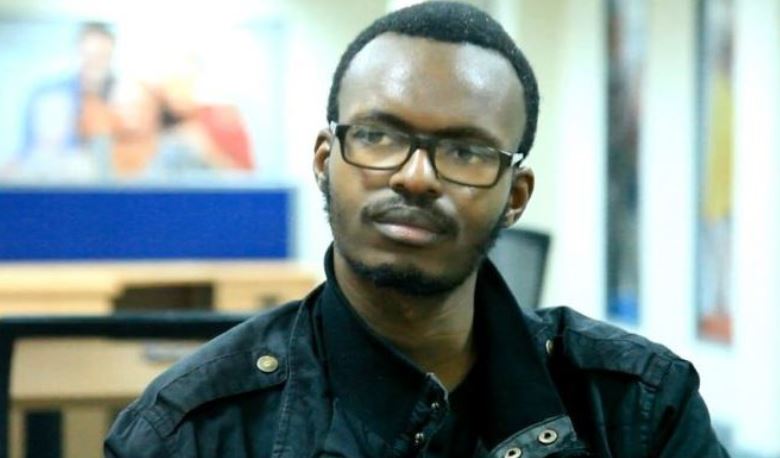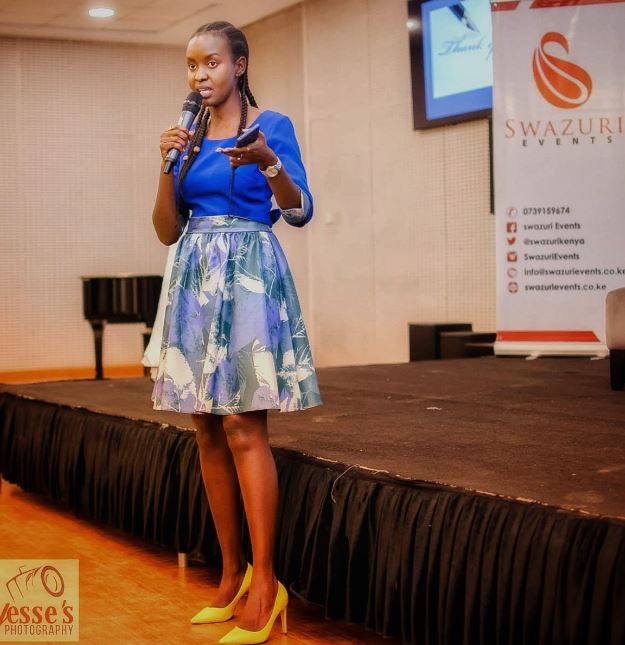Two successful entrepreneurs share how they turned their passions and pet projects into money-making ventures.
*****************
 Andrew Kaggia, Kifaru Studios founder
Andrew Kaggia, Kifaru Studios founder
“MY HEART WAS ALWAYS IN ANIMATION”
Andrew Kaggia is an award-winning filmmaker, 3D animator, game developer, and YouTube content creator. He is famed for creating Kenya’s first-person shooter game ‘Nairobi X’.
How did you turn your hobby into a business?
If there is one thing I truly loved, and still do, was playing video games. For over 10 years I was a consumer of games before I got into creating my first game in 2014. I am a self-taught animator.
Back then, starting out wasn’t as easy as it is now. We didn’t have easy access to phones, the Internet or YouTube. Everything I learnt was from encyclopedias and long trips to cyber cafés. But I was determined to learn how to do it. I started out doing animation long before I got into game development.
When did you decide employment wasn’t for you?
I was employed once, more than 12 years ago and only out of necessity. I was strapped for cash so I worked for three months designing websites. It was a passionless job, and I constantly asked myself why I was doing it while I knew my heart was in animation. I quit while still on probation then went on to produce the animated kids’ series, Tinga Tinga Tales. I, however, did not stay long before leaving to figure it out for myself. It took years working as a freelancer, sending my portfolio to different ad agencies and building a client base first locally and then internationally.
What are your ‘3 things I wish someone had told me before I started’ and why?
1. Think like an entrepreneur; act like an artist. Artists tend not to think of their work in a business sense. That is why people always think there is no work. Create your own opportunities. Like my YouTube channel, Herosmashers, is a revenue stream independent of the economy and of clients. Even now with Covid-19 going on, I still have an income.
2. Consistency is key. It took a long while for my work to pay off. If you’re getting into animation, be ready to sweat. It is easy to give up within a year or two, but for me, I had to sometimes do back-breaking work for free or next to nothing just to get in the door.
3. Having a company builds validation. Animation is serious business. I put in long hours to get output. Every game is different and depending on the complexity, I could take three months to half a year to finish a project. Thus you don’t want companies to devalue you and pay you less than you are worth. Having a registered company builds client confidence. It also allows you to bill competitively.
***************************
Everlyne Moraa, Swazuri Events founder
“I MADE A BET WITH MYSELF”
Everlyne Moraa is a global moderator and a two-time nominee for the Founder of the Year Awards (FOYA). She is also an alumnus of the Young African Leaders Initiative (YALI) programme and the brains behind the Wineanddine blog. But above all else, she is the founder of Swazuri Events, which she fondly refers to as her legacy.
How did you turn your hobby into a business?
I have always been an entrepreneur. When I was in campus, I sold everything, from jewellery to clothes, handbags and shoes. But getting my parents to understand I was on to something was not easy, so I did my Bachelor of Business Information Technology (BBIT) degree. I graduated and even got a job as an accountant. That’s when I knew the corporate life would never be for me. The work was intense the first few months, working through the weekend and not having any time to explore my passions. So nine months in, I wrote my resignation letter, forfeited my pay and walked out.
How did you get into events?
Back in campus, I had done a couple of catering events and was a little familiar with the events space. I organised a fashion event dubbed Fashion Bloggers Runway Show and made my first income as an entrepreneur. A ticket cost Sh1,500 and around 120 people showed up. I had earlier sworn to myself that if the event was successful, I would start a company. Well, it was very successful, and so Swazuri Events was born. I don’t just want to make money, my passion is to work with the youth to create events that shape conversations. This means I am getting involved in talks on the future of work, technology, empowerment, digital media, mental health and finance, among other things.
What are your ‘3 things I wish someone had told me before I started’ and why?
1. Know your systems. Business school does not prepare you for the realities of business. My first event took lots of emails and follow up consistently for six months. Find mentors to walk you through your business from idea to execution. You will learn systems are important from registering your business to teams, framework and noting everything down.
2. Good leaders delegate. You need a team that you can trust, understand and who believe in your mission. If you do everything alone, your progress will be slow. So delegate, but wisely.
3. Event businesses are about people. I learn this every day. You need grace to deal with all kinds of clients, even when you are frustrated. Sometimes the turnout is low, but you need to suck it up and make sure the guests who made it get their money’s worth.
Additional Stories by Hustle







